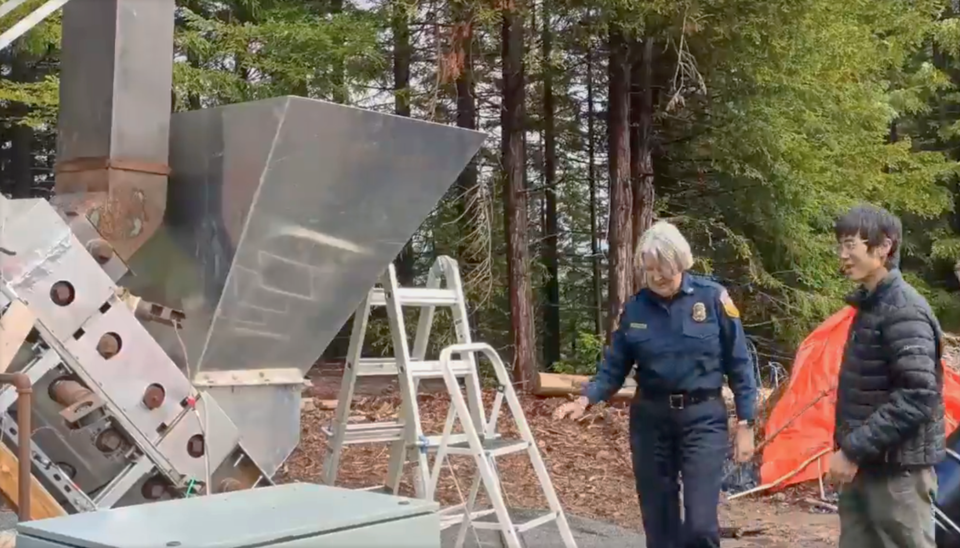A company co-founded by a Vancouver-raised man is garnering the attention of major global foundations.
The excitement is around a thing called a MiniTorr from the company Takachar, which was co-founded by Kevin Kung. Kung, who moved to Vancouver from Taiwan as a child and graduated from Sir Winston Churchill Secondary, is currently a post-doctoral student at UBC (after studying at the likes of Cambridge, MIT and Princeton).
He's also the chief technology officer with Takachar, which he founded with Vidyut Mohan, and they're building small-scale torrefaction machines (more on that in a second). The MiniTorr could have a big impact in a variety of areas, allowing farmers to turn biomass waste (anything from dead crops to forest residue) into fertilizer, feed and fuel.
That's got the attention of a lot of people, including those at the Royal Foundation of the Duke and Duchess of Cambridge (the Duke and Duchess of Cambridge being Prince William and Kate Middleton) and the XPrize and Musk Foundation (the Musk in that being Elon Musk). Between the two Takachar has won $1.9 million in prize money to continue and expand their work.
“I’m really surprised and very humbled and honoured to receive these prizes, and I’m grateful for the significant attention they bring to the problem of residue burning,” says Kung in a press release.
The reason for the excitement is what this means both for farmers and the environment. Often farmers clear fields by burning the plant matter that's left behind after a crop; this can happen anywhere an area is cleared of plant matter (aka biomass). It's a fast and cheap way to do the job, but it also creates a lot of smoke. It can also lead to forest fires.
“When I was small, I grew up next to rice paddy fields and I remember when the farmers would burn off the stubble left behind after harvesting, which led to local air quality issues,” Kung says. “There will always be a nostalgic element to the smoke and smell in the air but looking back, those memories have very different connotations now.”
Torrefaction is the process of turning biomass into something akin to coal in a lot of ways. It's been around for more than 100 years, but it's becoming a more popular technology now for its environmental impacts. However, to do it you need a facility to be built and to transport the biomass to the facility, which takes time and money.
That's where the MiniTorr comes in.
"Using a novel concept called oxygen-lean torrefaction, Takachar has developed and patented the design of small-scale, low-cost, portable equipment to convert waste biomass into solid fuel, fertilizer, and other specialty chemicals," explains the company's website.
Instead of a whole torrefaction facility, the MiniTorr can be hitched to the back of a pickup truck and driven to the waste, which means it can be dealt with wherever the waste is, and leave fuel or fertilizer behind.
“We want this technology to be a one-stop-shop for communities to build bio economies, reduce waste and grow in a self-sustaining way that doesn’t depend on the centralized model of biomass conversion,” says Kung.
It's still being developed. Five are in use right now (three in India and two are being tested in California). In B.C. the technology could be used not just in agricultural areas, but also as a way to help manage biomass in forests where wildfires are a concern or in the logging industry.



